This Day in Legal History: Senate Approves Alaska Purchase
On April 9, 1867, the United States Senate voted to ratify the Treaty with Russia for the Purchase of Alaska, approving the acquisition of the territory for $7.2 million. The deal, championed by Secretary of State William H. Seward, added over 586,000 square miles to U.S. territory. At the time, many Americans viewed the icy, remote land as a barren wasteland, mocking the transaction as “Seward’s Folly” or “Seward’s Icebox.” Despite public ridicule, Seward pursued the deal partly to prevent British expansion from neighboring Canada and to extend American commercial interests into the Pacific. Russia, for its part, saw little strategic or economic value in Alaska and feared it might lose the territory without compensation in a future conflict.
The treaty passed in the Senate by a vote of 37 to 2, reflecting support among lawmakers despite popular skepticism. Legal authority for the purchase came through the treaty-making power of the executive branch, with Senate ratification required under Article II, Section 2 of the U.S. Constitution. Once finalized, the transfer of sovereignty occurred in October 1867 in Sitka, with a formal ceremony marking Russia’s departure.
Criticism of the purchase subsided decades later following the Klondike Gold Rush and, eventually, the discovery of significant oil reserves. These developments drastically changed the public’s perception of Alaska from frozen liability to strategic asset. The purchase also helped lay the groundwork for America’s growing influence in the Pacific and Arctic regions.
President Donald Trump announced that major law firms pledging $340 million in pro bono work would assist his administration with coal industry initiatives and international tariff negotiations. Speaking at a White House event, Trump said these firms—such as Paul Weiss, Skadden, Milbank, and Willkie—would provide legal support for leasing and regulatory issues in coal mining, as well as in talks with foreign countries on trade. While he didn’t specify which firms would take on specific tasks, Trump emphasized their legal talent and claimed they were offering services “for the right price.”
The announcement coincided with Trump signing executive orders invoking the Defense Production Act to increase coal mining and directing investments into advanced coal technology. He also said the Department of Justice would be tasked with challenging state and local regulations he views as harmful to miners. The law firm agreements came after Trump targeted several legal firms with directives that threaten their business, prompting lawsuits from Perkins Coie, WilmerHale, and Jenner & Block. Trump posted the agreements on Truth Social, stating the firms would work on causes like veterans’ rights and combating antisemitism, although details on how their roles will be determined remain unclear.
Trump Says He'll Enlist Big Law Dealmakers for Coal, Tariffs
A group of 67 former top legal executives from companies like Microsoft, Intel, and Eli Lilly filed a legal brief condemning President Trump’s executive orders targeting several major law firms. They argue that the orders violate the Constitution and threaten the independence of corporate legal counsel by coercing political loyalty through federal contract threats. The brief supports a lawsuit by Perkins Coie, one of the firms impacted by the orders, which claims the directives bar its attorneys from government buildings and jeopardize its clients’ federal contracts.
The former general counsels contend that Trump’s actions don’t just punish individual firms, but undermine the principle that companies should be free to choose their legal representation without fear of political retaliation. The brief highlights how the orders signal to businesses that hiring lawyers linked to Trump’s critics could lead to government sanctions. Trump issued similar orders against WilmerHale and Jenner & Block, and all three firms have secured temporary legal blocks against the measures.
While some firms like Paul Weiss struck deals with Trump to avoid penalties—agreeing to provide pro bono work for causes aligned with his administration—others have pushed back. Four days prior, hundreds of law firms submitted their own brief supporting Perkins Coie. Trump’s administration defends the orders as efforts to stop perceived political bias in Big Law.
Former top lawyers at major companies decry Trump orders against law firms | Reuters
An immigration judge has given the U.S. government through today to present evidence justifying the deportation of Mahmoud Khalil, a Columbia University student and lawful permanent resident. Khalil was arrested in New York and transferred to a detention facility in rural Louisiana, sparking concern over due process and free speech rights. At Tuesday's hearing, Judge Jamee Comans made it clear that if the government cannot prove Khalil is deportable, she will dismiss the case by Friday. She also criticized delays in sharing evidence and emphasized the importance of Khalil’s due process rights.
Khalil’s lawyer, Marc Van Der Hout, claims the deportation effort is politically motivated and violates the First Amendment, suggesting that Khalil is being targeted for speaking out in support of Palestinians. The government argues Khalil should be deported under a Cold War-era law that allows removal if an immigrant is deemed a threat to U.S. foreign policy, and also accuses him of omissions on his green card application—charges he denies.
The case has drawn national attention, including a crowded virtual courtroom. A separate habeas petition is also under consideration in federal court, and Khalil cannot be deported while that process plays out. His wife, a U.S. citizen who is expecting their child this month, has been unable to visit him due to her pregnancy.
US given one day to show evidence for deporting Columbia University protester Khalil | Reuters
A federal judge has ordered President Trump’s White House to temporarily lift access restrictions on the Associated Press (AP) while a lawsuit challenging the ban moves forward. The Trump administration had barred AP journalists from events like Oval Office briefings and Air Force One trips after the agency refused to adopt Trump’s preferred term, "Gulf of America," instead continuing to refer to the "Gulf of Mexico." U.S. District Judge Trevor McFadden, a Trump appointee, ruled that the First Amendment prohibits the government from excluding journalists based on viewpoint.
The ruling, which takes effect Sunday to allow time for appeal, restores the AP’s access to White House press events. McFadden emphasized that if some journalists are granted access, others cannot be denied for their editorial stance. The AP sued three senior Trump aides in February, claiming the restrictions were unconstitutional retaliation against protected speech and lacked due process.
AP reporters testified that the ban hindered their ability to cover the president, while Justice Department lawyers argued that access to presidential spaces is a privilege, not a right. Press freedom groups and the White House Correspondents' Association welcomed the decision, calling it a win for independent journalism. The case remains ongoing, with a final ruling expected in the coming months.
Judge lifts Trump White House restrictions on AP while lawsuit proceeds | Reuters


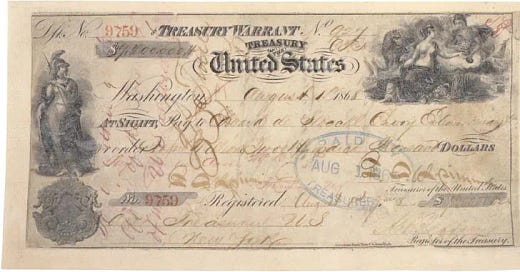


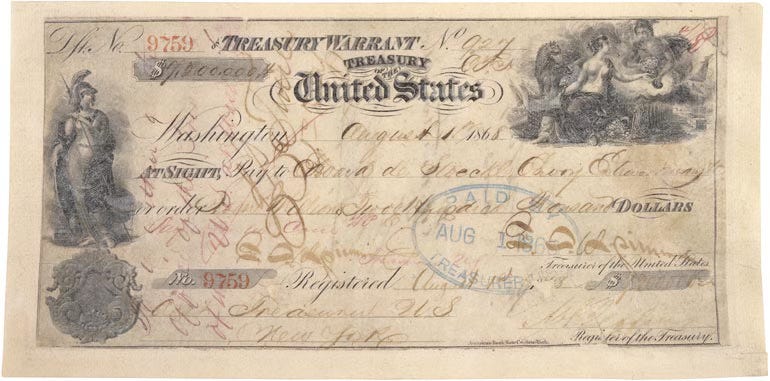

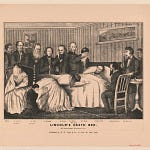

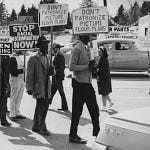
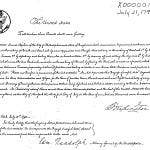



Share this post